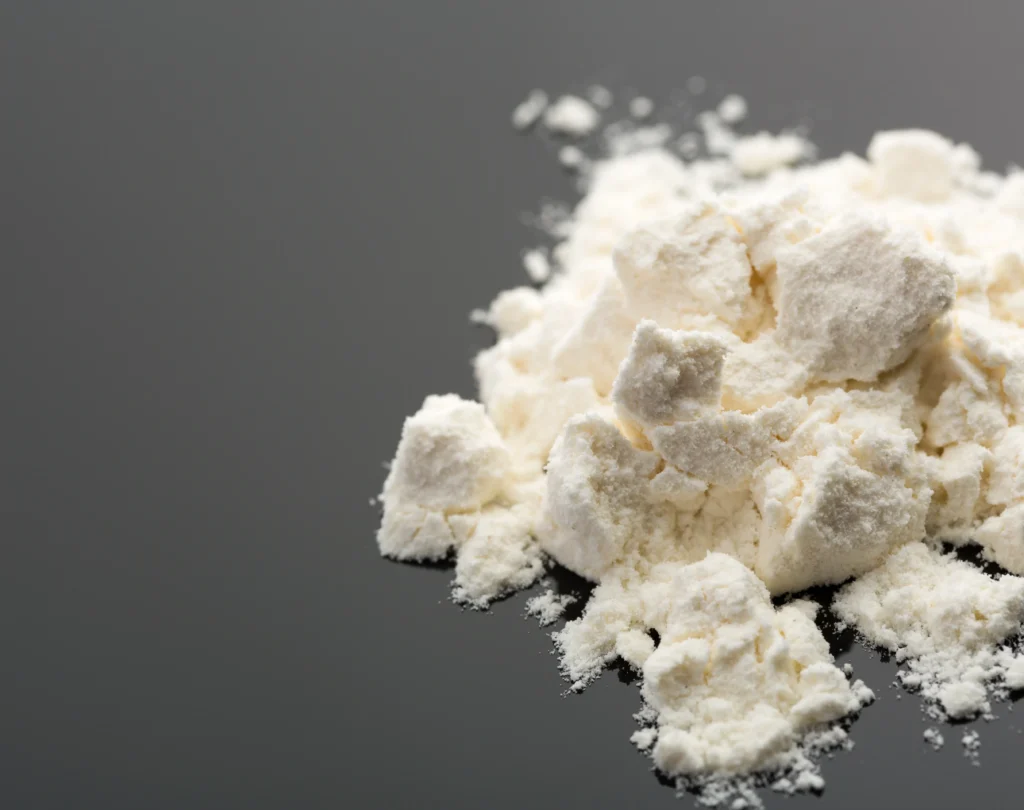Amphetamine addiction is a pressing issue affecting individuals from various walks of life. This blog post delves into the intricate world of amphetamine addiction, shedding light on its profound impact and the challenges faced by those caught in its grip. Amphetamines are synthetic drugs that stimulate the central nervous system, leading to increased alertness, energy, and attention. Amphetamines are commonly prescribed by doctors to treat medical conditions such as ADHD, narcolepsy, and obesity. However, amphetamines are also used for recreational and non-medical purposes, which can lead to addiction. When amphetamines are taken as prescribed to treat a medical condition, the risk of addiction is low. However, if you take more amphetamine than prescribed and use it to enhance your mood or performance, it can become highly addictive.

What Is Amphetamine
Amphetamine is a class of synthetic stimulant drugs that are used to treat various medical conditions, such as attention-deficit hyperactivity disorder (ADHD), narcolepsy, and obesity. These drugs increase the levels of certain neurotransmitters in the brain, enhancing alertness, energy, and attention while suppressing the appetite. Amphetamines are known to produce a feeling of euphoria and can be habit-forming if not used as prescribed. Therefore, it is crucial to use them only under the guidance of a qualified medical professional.
Amphetamines Drugs List
- Adderall XR
- Dexedrine (Dextroamphetamine)
- Dyanavel XR
- Evekeo
- ProCentra
- Vyvanse
Amphetamine Street Names
Common street names include:
- Bennies
- Black Beauties
- Crank
- Ice
- Speed
- Uppers
- Whiz or ‘Billy whiz’
- Base
- Sulph or ‘Sulphate’
How Amphetamine Drugs Work
Our bodies use neurotransmitters to send messages between cells, like sending a text message. Amphetamines increase the number of neurotransmitters, specifically dopamine, norepinephrine, and serotonin, which causes your central nervous system to work faster. This can make you feel more alert, attentive, calm, energetic, focused, and happy or euphoric.
The drug can be taken in many ways. Generally denoted a Class B drug. However, if you prepare the substance to be injected, it becomes a Class A.
The drug is usually produced as a white, pink or yellow coloured powder, often cut with various substances. It may be available in pill form or a paste. It can also be wrapped in tiny pieces of paper called wraps. They can also be taken orally in a cigarette paper, called bombing, and snorted. It is also not unheard of to drink the substance.
The drug can affect people in different ways. Depending on your mood, personality, where you are, who you are with, and how much you have taken.
How Long Does Amphetamine Stay In Your System?
Amphetamines can be detected in the hair for up to 90 days, in urine for up to four days, in the saliva for 24 to 48 hours and in the blood for four to six hours.
Side effects of amphetamine drugs
Users generally consume amphetamine drugs as it makes them exceedingly happy, up, alert, full of energy, wide awake and capable of being excited. They may experience a heightened feeling of euphoria and creativity and an increased sexual desire. Users can go for long periods without sleep, partly because the drug has impacted the party and club scene. Revellers often take the drug so they can keep dancing for hours. However, many do not realise they may put their health or lives on the line. They may not be aware of the drug’s possible side effects.
The speed drug may energise you, but it can also make you feel agitated and show signs of aggression. A rise in body temperature, heart rate, and blood pressure can affect your breathing.
What are their overdose effects?
Amphetamine overdose effects include:
- Agitation
- increased body temperature
- hallucinations
- convulsions
- possible death
Long-term symptoms of amphetamine addiction
Long-term use leads to:
- tooth decay
- migraine headaches
- stomach and body cramps.
A speed ‘comedown’ can last for a few days. Some describe a feeling of depression and lethargy after taking the drug.
When the drug wears off, you feel run down, sluggish and tired on the comedown. If you have taken high doses, you could suffer from what is called ‘Amphetamine psychosis’. It can result in feelings of paranoia, irritability, restlessness and erratic behaviour.
It is not uncommon for users to experience excessive sweating, respiratory problems, confusion, auditory and visual hallucinations, tremors, and nausea. These may indicate mild levels of toxicity, which can be treated by stopping taking the drug for a while, drinking lots of water and getting some rest.
However, a high-level overdose of amphetamine can lead to unpleasant side effects such as vomiting, abdominal cramps, panic attacks, and general circulation failure. In extreme cases, overdosing can cause muscular convulsion and induce coma, ultimately resulting in death.
Based on studies of self-reported illicit stimulant use, 5–35% of college students use ADHD stimulants, principally for enhancing academic performance rather than recreational drugs. However, high amphetamine doses above the medicinal range can interfere with working memory and different features of cognitive control.
Some athletes also use amphetamine for its psychological and athletic performance-enhancing outcomes, such as prolonged endurance and alertness. However, amphetamine can cause effects that seriously diminish performance at high doses, such as rapid muscle breakdown and raised body temperature.
Treatment & therapies for amphetamine addiction
Treating amphetamine abuse and addiction can be challenging because of the changes in brain structure that occur with chronic use. The sometimes severe depression and loss of pleasure when the drug is stopped can be a major obstacle to avoiding relapse.
Nevertheless, therapies that help people understand and adjust their behaviours based on drug use triggers can contribute to the individuals being able to get and stay on the path to recovery. These therapies include:
- Cognitive Behavioral Therapy
- Motivational Interviewing
- Dialectical Behavior Therapy
- Family counselling
- Addiction counselling
- Peer support or 12-step group participation
By working with a reputable treatment program, individuals who have struggled with amphetamine abuse or addiction have a greater chance of moving forward in recovery and starting a future free from amphetamine abuse.
Detox Plus UK delivers expert addiction treatment and rehabilitation. To find out how we can help you get your life back on track, call us today on 02072052734
Sources
NHS Attention deficit hyperactivity disorder https://www.nhs.uk/conditions/attention-deficit-hyperactivity-disorder-adhd/


